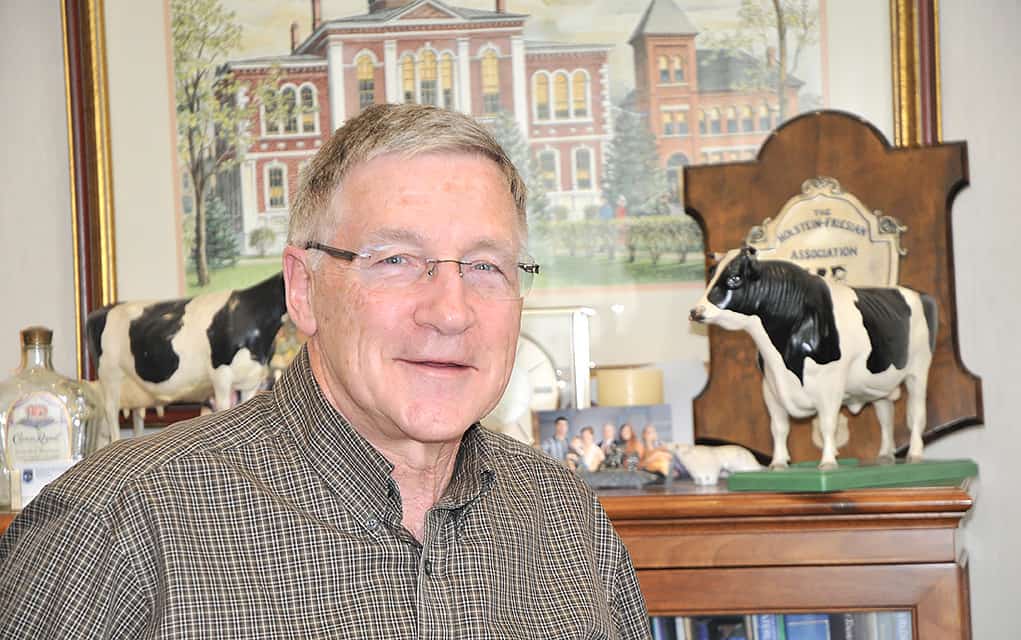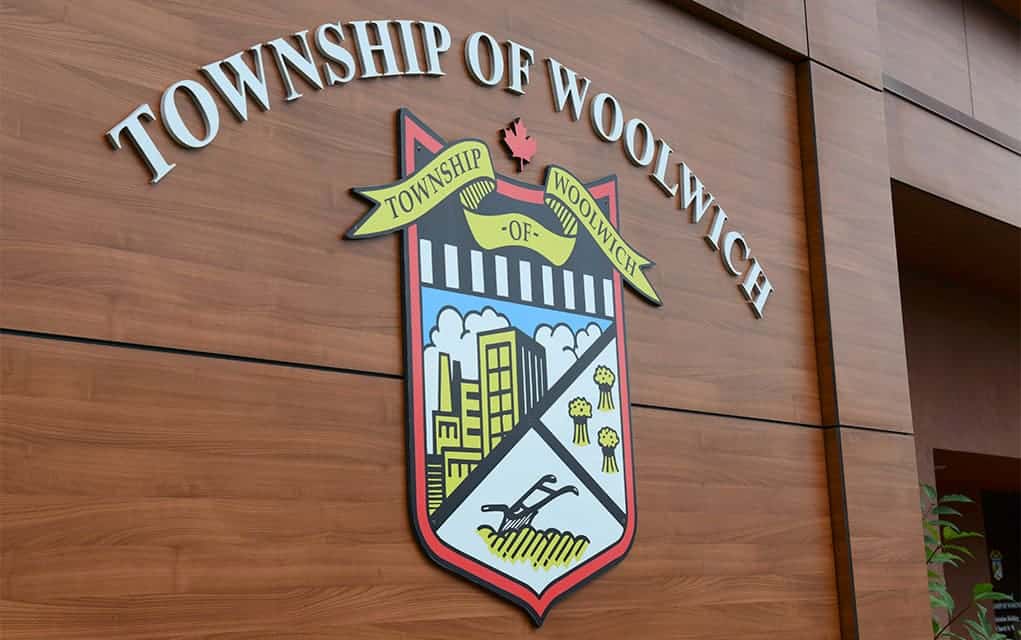Ken Seiling doesn’t have a handle on what he’ll be doing with his time when December rolls around, but he knows what he won’t be doing: sitting in the chairman’s office at the Region of Waterloo.
Seiling, 70, won’t be seeking re-election this fall, vacating the seat he’s held for 33 years. His retirement puts an end to a 42-year political career that dates back to his 1976 election to Woolwich council. The lifelong Elmira resident was then Woolwich’s mayor, joining regional council as chair in 1985 when the position was still filled by a vote among councillors. The office became directly elected by the public in 1997.
In more than four decades in politics, he’s seen plenty of change in Waterloo Region, much of it based on incessant growth. But it’s growth that’s been managed fairly well, he maintains, crediting predecessor Jack Young – the first chairman following the 1973 creation of the Regional Municipality of Waterloo – and the development of a growth master plan.
While there has been significant growth, the region can look to neighbouring municipalities to see the often-negative effects of much rapider growth – much of the GTA – and the perils of stagnation, as with some areas to the north and west. Waterloo Region has kept to a healthy middle ground, Seiling maintains.
“I got into politics so that my kids and grandkids could have the same kind of community that I had growing up here,” he said. “I think we’ve managed fairly well,”
The growth has allowed the region to become more self-sufficient, he said, noting that early on in his career he objected to direction such as high-speed rail that threatened to make the region a bedroom community for larger centres. Now, the region is an economic centre in its own right.
“The region is a much stronger place than we were 40 years ago.”
That’s due to people here being able to change with the times, he says. From agricultural and manufacturing – which still remain large parts of the economy – through to insurance and high-tech companies, businesses and people here have adapted.
“The region has weathered the ups and downs,” said Seiling. “The community keeps reinventing itself.”
He gives some credit to regional council for providing good stewardship of the growth and change.
Today, growth management focuses on curtailing sprawl, funnelling development into existing urban areas by increasing density and infilling projects. In that regard, the region has met its target of 50 per cent of growth going in that direction.
“We’re getting the kinds of results that we’d hoped for,” Seiling noted.
Beyond growth, Seiling points to the region’s support for arts and culture, housing and social welfare as areas where he can take pride in his tenure at the helm of regional council.
Housing, in particular, has proven to be a tricky file, he notes, as demand far outstrips the supply of affordable housing and the money to create new units.
Historically, the region has tried to make available funds go as far as possible, working with private developers, community agencies, non-profits and any other interested party.
“There’s always a large community effort in our housing work,” said Seiling. “But it’s never enough.”
Pointing to the long history of volunteer efforts to make housing and other social services more viable, Seiling says he’s worried about the future in that capacity. Changing demographics have put a damper on grassroots and NGO agencies – there are fewer volunteers, and groups are having trouble with fundraising.
Given that such organizations do work that the region could never afford to cover if holes start developing, the concerns are pressing, he said.
That’s an intractable problem that won’t be solved before his retirement. But he’ll have plenty to keep him busy before the term runs out November 30. After that? He’s not sure. Not golfing or fishing, those quintessential retirement activities, as he’s never had time for either.
Two people have made it official in vying for Seiling’s job in the October 22 election: current regional councillor Karen Redman and former Waterloo councillor Jan d’Ailly. Businessman Jay Aissa, who finished second to Seiling in the 2014 election, has indicated he’ll run again.









